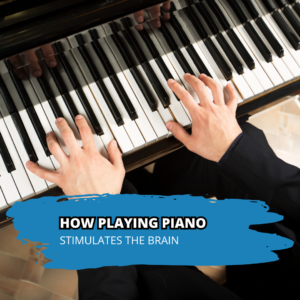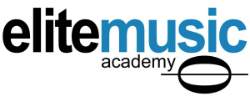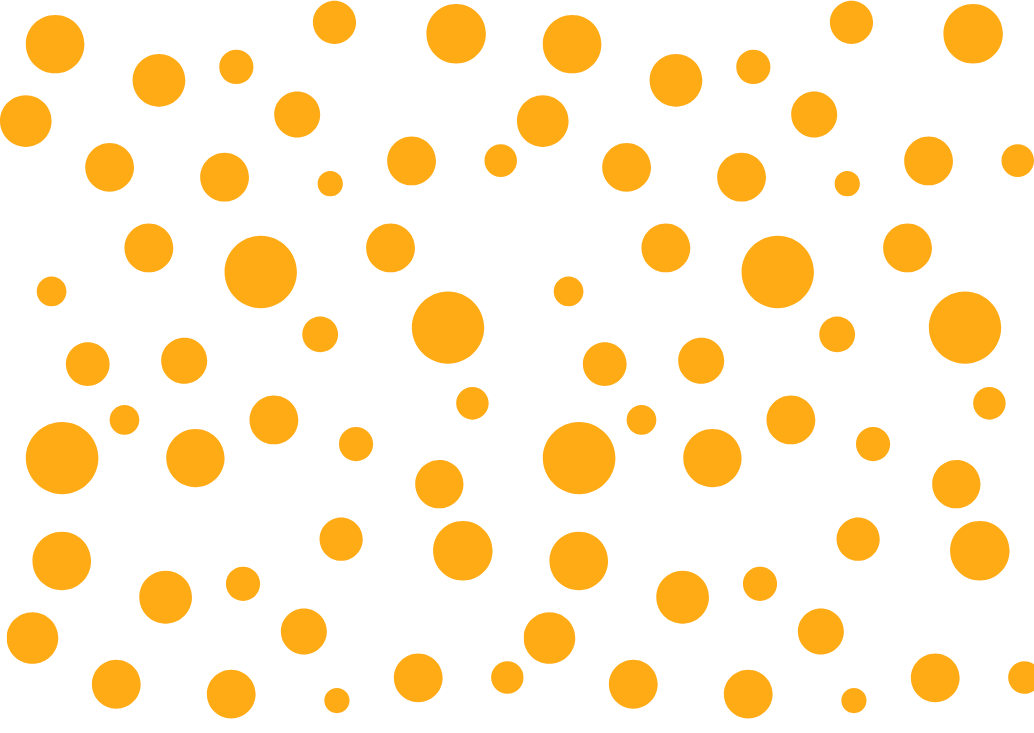How Playing Piano Stimulates the Brain

According to a growing body of scientific evidence, playing piano, or other musical instruments, has a profound positive influence on the brain. In fact, it even develops the brain, making it more sophisticated, a phenomena called neuroplasticity, which means that new neurons are formed. In other words, if you take piano classes in Toronto, it can actually make you smarter.
How Playing Piano Stimulates the Brain
When playing piano music, several parts of the brain are stimulated at the same time. Reading music stimulates the visual cortex; hearing it, the visual cortex; and playing it, the primary motor cortex. Additionally, keeping time and the spatial reasoning necessary to know the notes without looking at the keyboard stimulate the cerebellum.
All this happens because playing requires the perfect coordination of different voluntary movements. As hands and fingers trace their way across the keyboard, the brain is integrating complex visual and auditory information, thoughts and feelings, and memory and muscular movements.
Piano Lessons Can Help Children Do Well in Life
Neurological research on children who take piano lessons has shown that playing improves much more than their ear for music; it also increases their ability for abstract reasoning, which is very useful when it comes to studying math, science, engineering, and chess.
In fact, according to an Irvine Study by the University of California, students who took piano lessons scored 34% higher on general tests, which indicated that learning to play the complex instrument stimulated higher brain functions.
Apparently, playing the piano activates the brain like no other activity. It stimulates the brain more than using a computer or playing video games.
Playing the piano can accelerate children’s mental and development and has been shown to boost IQ scores. Children who play the piano have increased focus and attention, refined motor skills, improved pattern recognition, and enhanced spatial organization. They also have sharper cognitive abilities, better verbal intelligence, and more efficient executive function, which is the ability to plan and organize their time.
Besides improving the brain, learning to play the instrument also has social and emotional benefits. According to a McGill University Study, children who had played the piano for three or more years had higher self-esteem than children who had never learned to play the piano. Since it takes patience and discipline to learn how to play, these traits develop personality. Moreover, learning to play is not done on one’s own—it involves listening to a teacher and following instructions carefully. Since this is a long-term relationship, children learn social skills and a sense of teamwork.
What’s more, these skills cultivated in childhood can lead to a more successful life when they grow up. Adults who took music lessons are emotionally healthier, with a lower incidence of anxiety, depression, and loneliness than the general population. They also tend to get better, higher paying jobs. In Silicon Valley, 75% of the Chief Executives took music lessons during their childhood and 66% of those accepted in medical school were music majors.
Further Reading
Those Early Piano Lessons Boosted Your Brain, Study Says
Sorry, Kids, Piano Lessons Make You Smarter
The Effects of Learning to Play the Piano on the Brain
Elite Music Academy provides the Best Piano Lessons in Toronto





